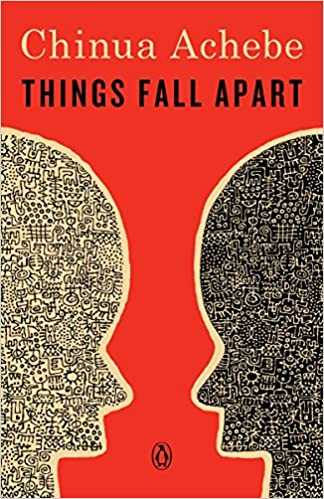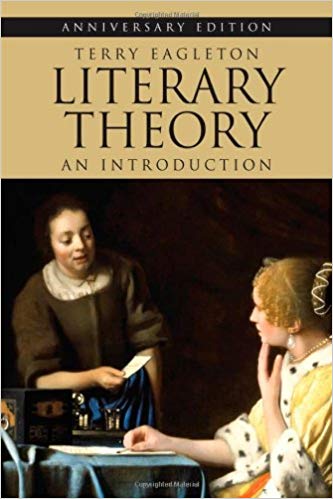ENG 5810. 001
June 6-July 8
T, TR 5:30-9:20 PM.
Office: Language 408E. Office Hours: T, TR 4:00-5:15PM.
Syllabus in PDF: Download.
Introduction:
This course aims to introduce you to the major critical approaches available for analysis and appreciation of literary works. The terms theory and literature themselves are not free of controversy and have been defined in numerous, often conflicting, ways. This course will apprise you of the major debates in the field of literary theory and their impact on the critical reading of literature in particular and the real-life culture in general.
We will also discuss the politics and poetics that constitute what we perceive as literary and the role of the academy and popular culture in defining and refuting any hard boundries. In today’s world, literary theory is increasingly in constant embrace with the culture, and this course will take into account the overlaps and the disjunctures between the critical and the cultural theory.
Discussed also will be the role of literature in defining or articulating the world around us, and, in certain cases, the role of literature in normalizing the hegemonic drive of the powerful. Such an approach to literary theory will make us question our own privileged place in the university setting and in the world and help us articulate personal goals of becoming politically aware and culturally diverse world citizens. Throughout this course, we will attempt to relate our in-class activities to the world of the lived experience beyond the university campus.
This is a demanding and writing-extensive course, so please come prepared for a challenging and mentally stimulating experience.
Required Texts:
The Norton Anthology of Literary Theory and Criticism
Eagleton, Terry. Literary Theory: An Introduction, 2nd Edition.
You are expected to come prepared for class: This involves reading the assigned texts, listening carefully to your peers, and contributing your views in a collegiate and stimulating way. Attendance is mandatory.
Distribution of Points:
Discussion Leader 200 Points
Respondent 200 Points
Class Participation 100 Points
Mid Term exam 200 Points
Total 1000 Points
YOU MUST FINISH ALL MAJOR ASSIGNMENTS TO PASS THE COURSE
Each one of you will be asked to lead discussions on assigned readings on rotation basis. The rotation will be decided in an alphabetic order.Your role as discussion leader will involve the following:
As this is a seminar based on a discussion format, your thoughtful participation is essential to the success of the class. I encourage collegiate, open, and thought-provoking class discussions. Remember, we are all here to learn, so let us share our ideas and knowledge to make this class into a dynamic learning experience.
Term Paper: (Guide)
The final term paper will be due on the last day of class. The paper should be 12-15 pages, with a clearly defined thesis and a coherent argument using one or two of the theoretical apporaches discussed in class. I would encourage you to choose your topic early and do extensive research. I will be available to assist during all stages of your research and composition process.
Attendance:
You are expected to attend the class regularly. You will be in the danger of failing the course if you miss more than TWOclass sessions.
Please contact me and bring me the necessary documentation if you would like me to make extra arrangements of for any disabilities.
Grading Scale:
A 900-1000
C 739-829
D 600-738
F Less than 600 Points
Week 2
Week 3
Discussion: Eagleton, Sidney, Hume, Kant
Mid Term on TR.
Reading:
Eagleton: Chapter 5 and Conclusion
Wollstonecraft (493-503)
Marx and Engels (647–Whole selection)
Arnold (Whole selection, 691)
Week 4
Discussion: All Readings from Week 3
Reading:
Freud (807), Sassure (845), Bakhtin (1072), Jakobson (1141), Barthes (1316)
Discussion: Freud (807), Sassure (845), Bakhtin (1072), Jakobson (1141), Barthes (1316).
Reading:
Foucault (1469), Derrida (1680), Lacan (1156),Cixous (1938), Kristeva (2067)
Conclusion


